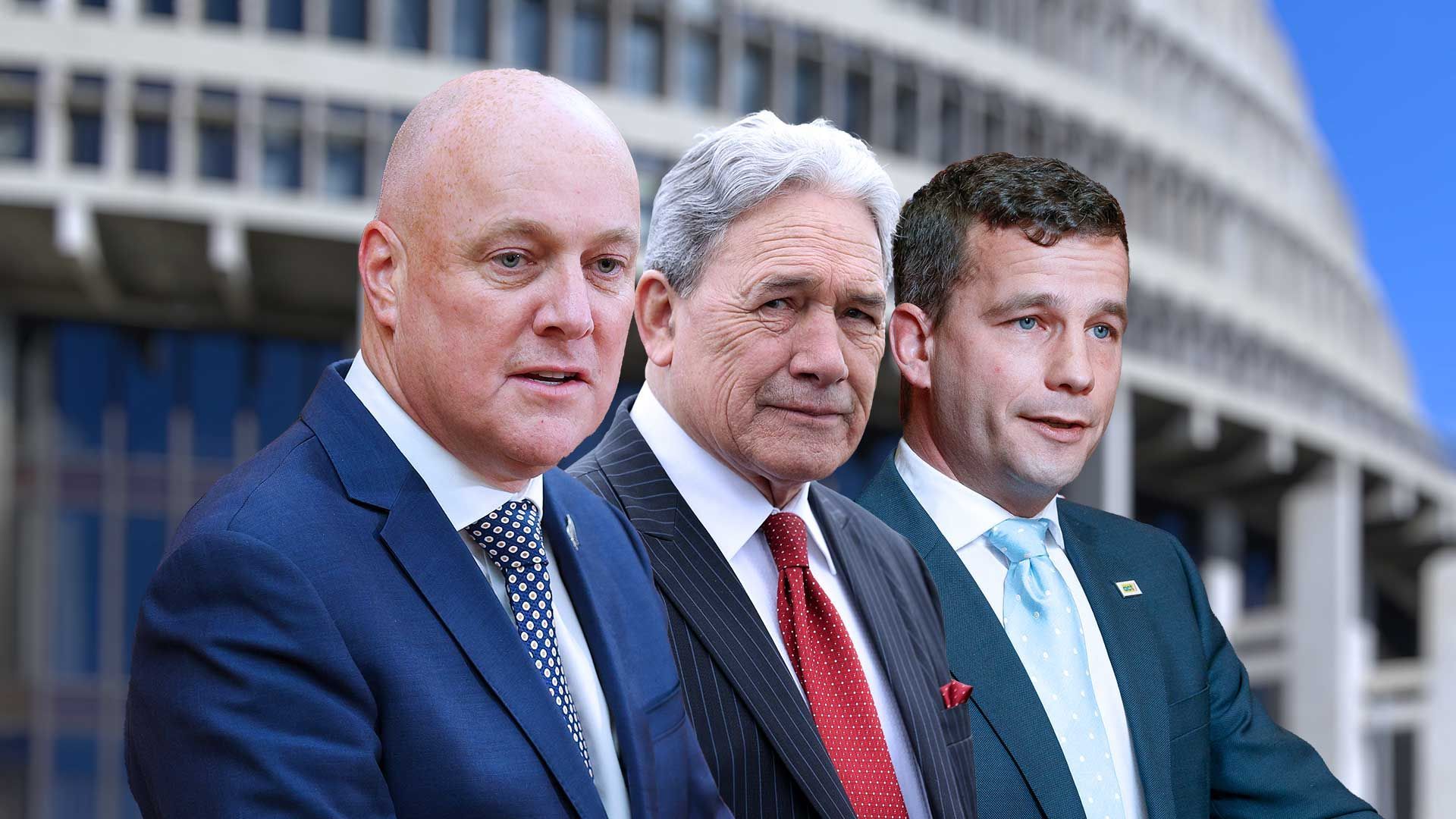“The IRD has a way of finding out….”
 Jo was having a good giggle watching Shortland Street last week. She called me to come and watch the 'tax man' making his debut on our nations' longest running soap, chasing down beloved Dr Drew McCaskill for probable (intentional) tax evasion.
Jo was having a good giggle watching Shortland Street last week. She called me to come and watch the 'tax man' making his debut on our nations' longest running soap, chasing down beloved Dr Drew McCaskill for probable (intentional) tax evasion.
While the one liners such as Drew referring to his tax audit as "….. jumping through pedantic Government hoops so drones like Gerry can justify their jobs" will never be as famous as Dr Ropata's "We're not in Guantemala now", as Chartered Accountants we have found the tax man episodes highly entertaining.
Drama aside though, there are some very useful lessons highlighted by the scriptwriters' take on tax matters, including the importance of record keeping and taking proper professional advice from a qualified Chartered Accountant.
Here is Jo's commentary on Dr Drew McCaskill's IRD audit woes:
Jo tells me the storyline is still unfolding so I am sure I will hear the final outcome of Drew's tax woes at some stage in the future. However, to close I must dispel a few of the mistruths and stereotypes presented on Shortland Street in the interests of drama and entertainment:
The timeframe and process for a tax investigation/audit is many months to many years, depending on the complexity of your affairs. It would never be compounded to a couple of days!
If you are concerned you may have made mistakes with your record keeping, you are aware you forgot to declare something, or you would like help improving the way your store and organise your financial affairs, please contact us to make an appointment. We can guide you through the best approach to take for your specific circumstances and, if necessary, negotiate with the IRD on your behalf.







